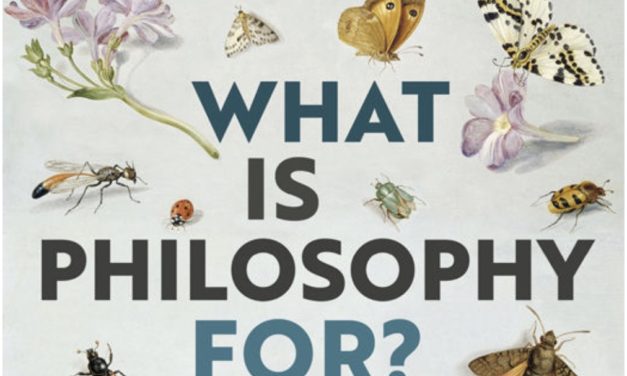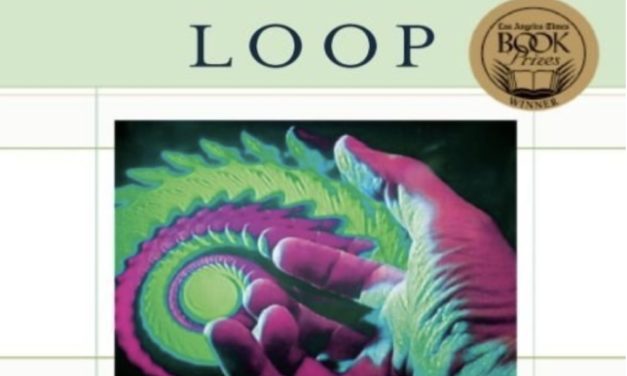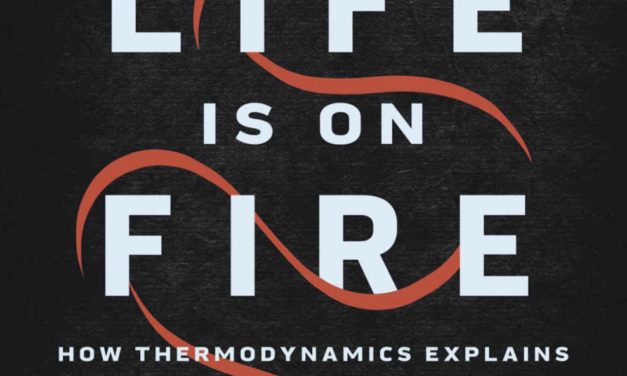What is Philosophy for?
In her last published work, Mary Midgley addresses provocative questions, interrogating the various forms of our current intellectual anxieties and confusions and how we might deal with them. In doing so, she provides a robust, yet not uncritical, defence of philosophy and the life of the mind. – Amazon.co.uk
Read More





